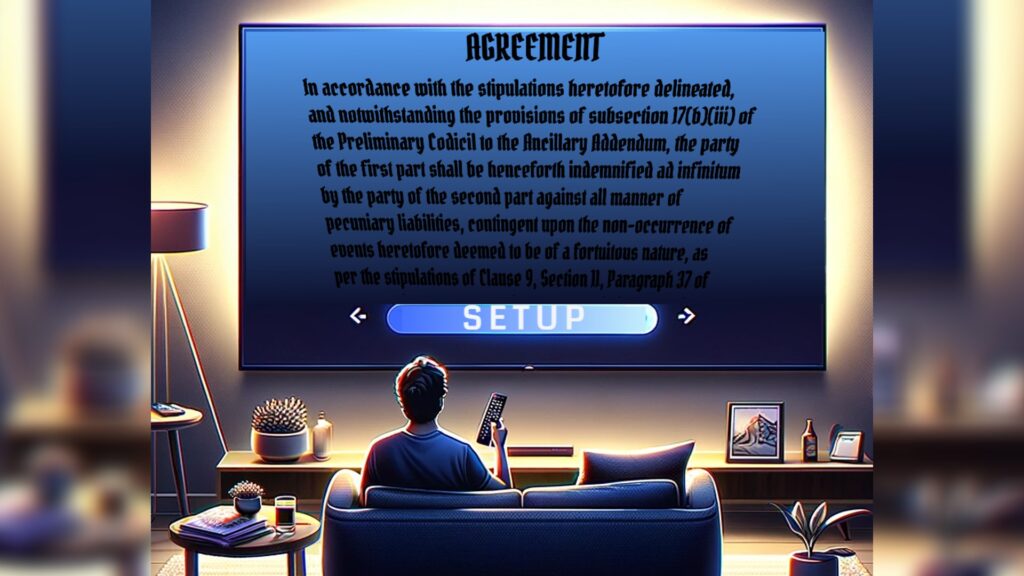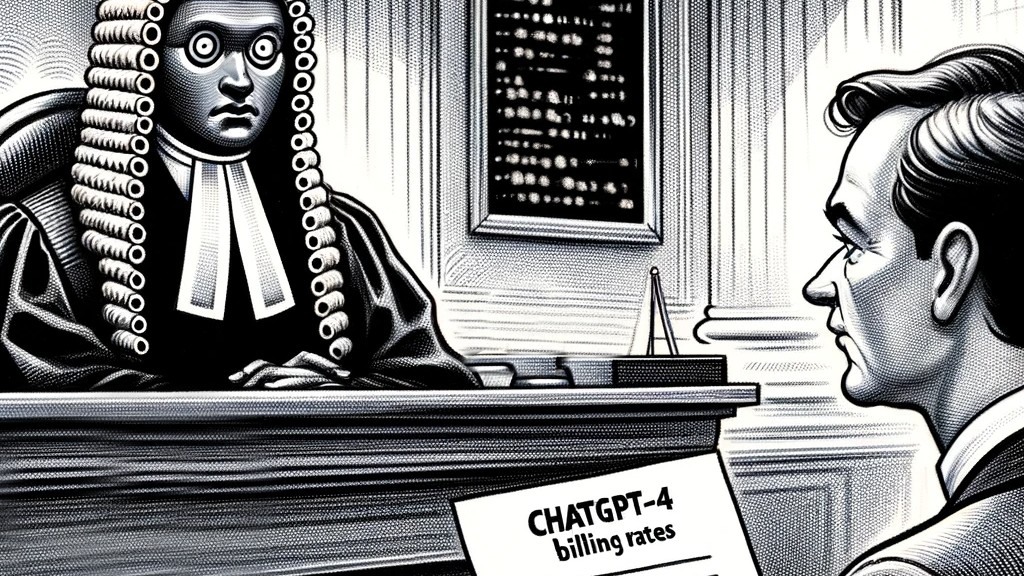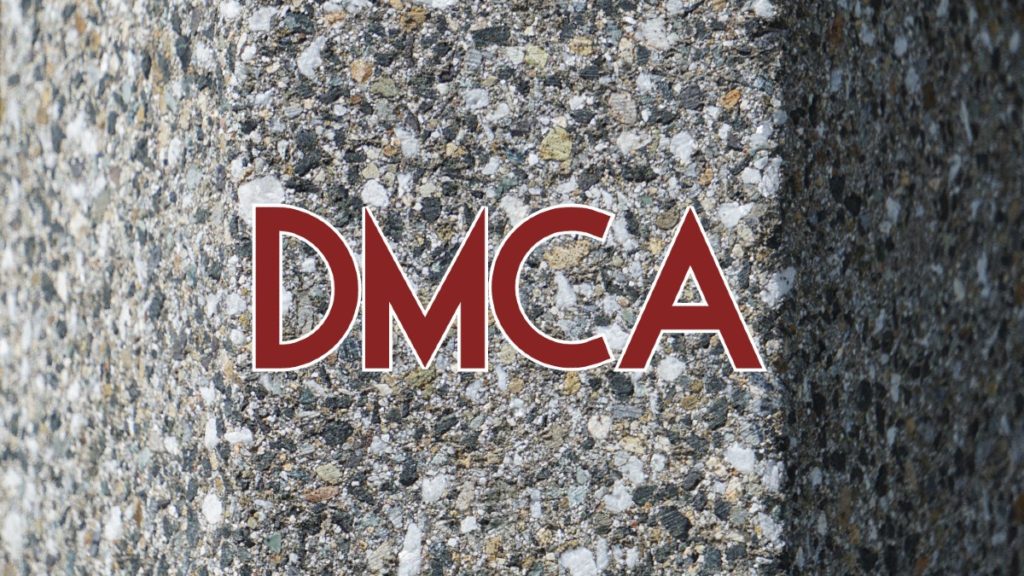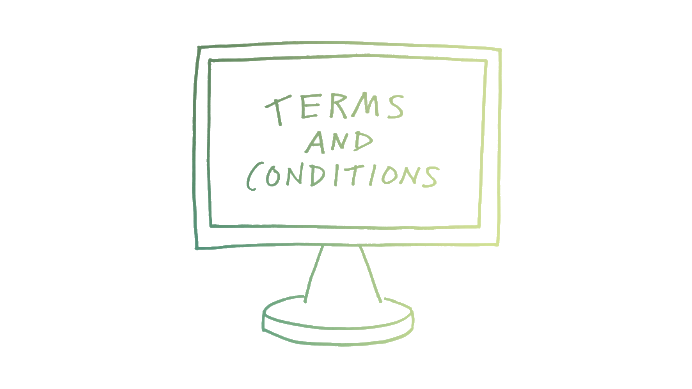
Plaintiff sued multiple defendants, including parties located in foreign countries, for claims related to trade secrets misappropriation, unfair competition and other business torts. Plaintiff sought court permission to serve the summons and complaint on these overseas defendants through alternative means, marking a significant adaptation of legal procedures to modern communication technologies.
The court, considering the Federal Rules of Civil Procedure and international agreements, allowed plaintiff to use unconventional methods for serving legal documents. These methods included email, social media direct messaging, messaging via Telegram and Signal, text messaging, online publication, delivery to the foreign defendants’ attorneys, and a particularly innovative approach — service via NFT.
The court’s decision was based on several key considerations:
International Agreements and Due Process: Defendants were located in the United Arab Emirates, Singapore, and Cyprus. The UAE and Singapore, not being signatories to the Hague Convention, had no international agreement prohibiting such alternative service methods. Cyprus, a signatory, had not objected to alternative service forms like email under Article 10 of the treaty. The court also ensured that these methods complied with constitutional notions of due process.
Efficiency and Practicality of Modern Communication: The court acknowledged the practicality and growing acceptance of digital communication methods in legal proceedings. It found email to be a viable option, especially given that defendants were associated with a website that discussed the litigation. Signal, Telegram, and text messaging were also considered effective, given the defendants’ active presence and communication on these platforms.
Service Through U.S.-Based Counsel and Online Publication: The court also approved service to defendants’ U.S.-based legal counsel and publication in online media outlets in Singapore, Cyprus, and the UAE. It saw these methods as traditionally acceptable and likely to inform the defendants of the legal action.
Innovative Use of Blockchain Technology: Notably, the court permitted service via blockchain technology, where a non-fungible token (NFT) containing a link to the legal documents would be dropped to the defendants’ digital wallets. This method was considered particularly appropriate due to defendants’ involvement in blockchain technology and their familiarity with its use.
This decision illustrates the legal system’s evolving approach to international service of process, adapting to the realities of global communication and digital technology. It highlights the judiciary’s willingness to embrace new methods that align with both legal standards and the practicalities of communicating across borders in the digital age.
CipherBlade, LLC v. CipherBlade, LLC, 2024 WL 69164 (D. Alaska, January 5, 2024)
See also:










